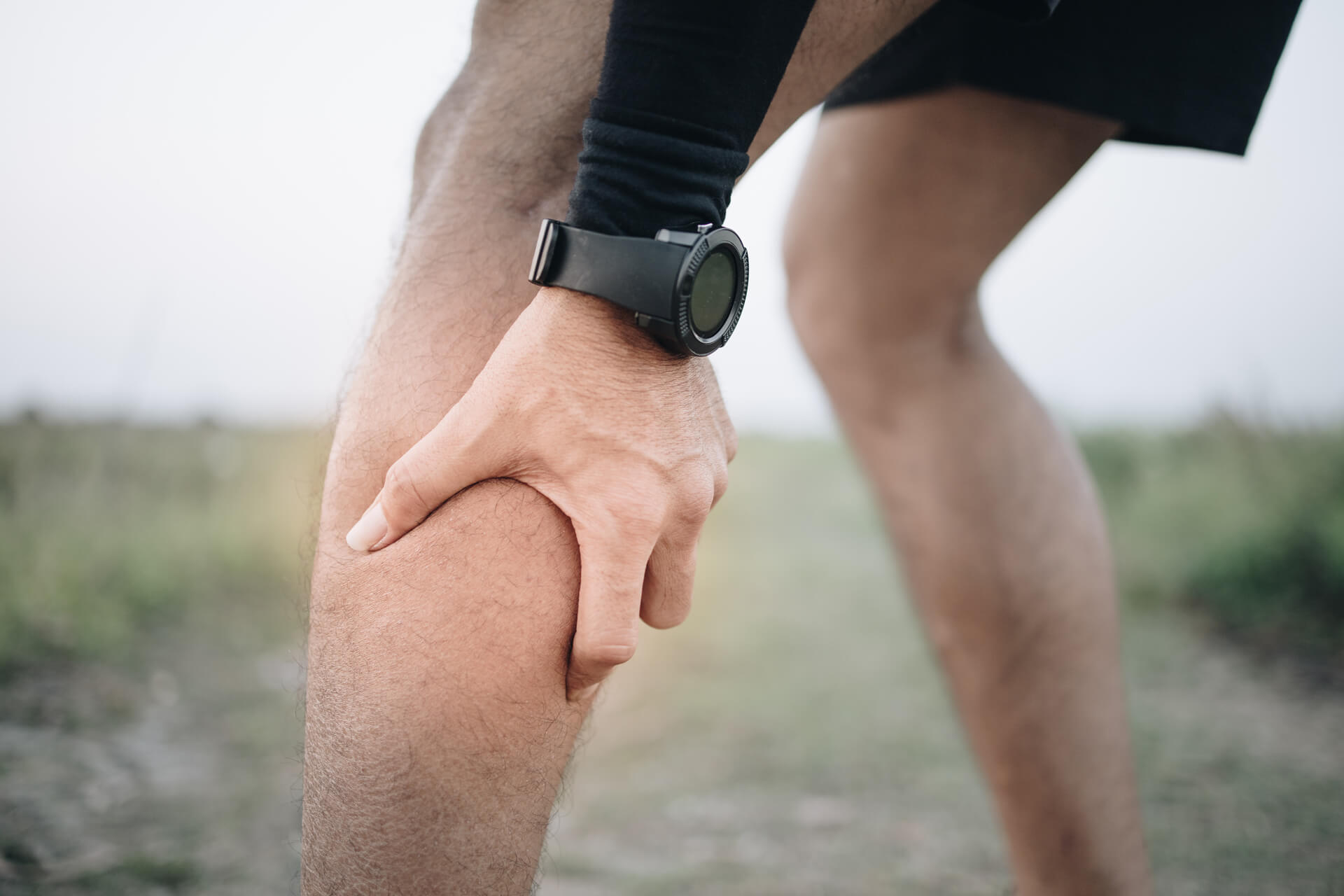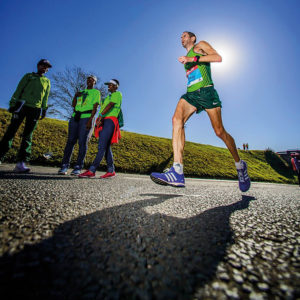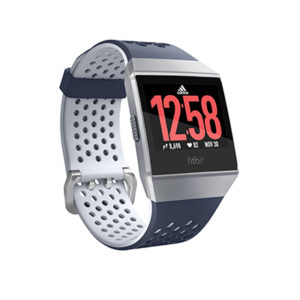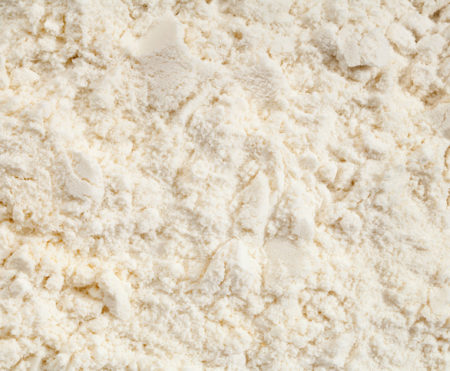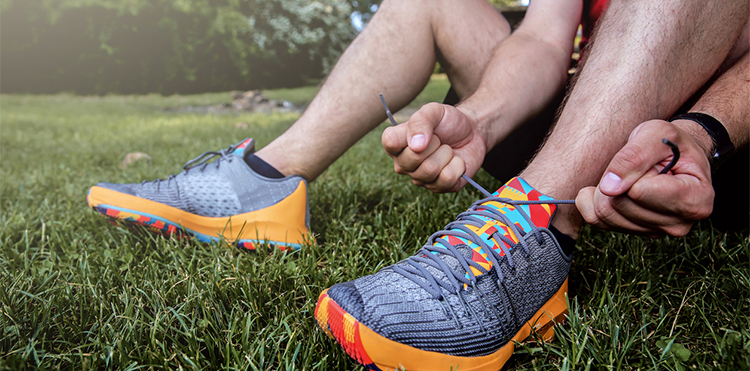
A large proportion of people take up running in the hope it will lead to weight loss.
The good news is that running has a calorie burn advantage running over other exercise.
The bad news is that it still doesn’t always lead to weight loss.
Is nutrition the answer and does it matter what I eat?
Yes. Diet is the number one intervention to bring about positive changes in body composition, i.e less fat and more muscle. Considering that two chocolate bars may contain around 500kcals, it is possible to eat enough to completely undo any ‘good’ that you did through, say, an 8K run every day.
If we burn 3,500kcals of fat tissue for energy we will lose 450g of fat. So, eat two chocolate bars less per day, or run 8K every day and you’re onto a 450g weight loss over a week.
Does it always work like this?
No. The body isn’t a machine. There are cases of individuals taking up to two hours of exercise per day whilst on a starvation diet of 1,200kcals and gaining weight. If you have been running regularly and eating what you term a healthy diet, perhaps it’s time to get more specific and either log, or change the foods you are eating.
What should I be eating?
Much of the research in overweight individuals shows that lower carbohydrate, higher fat diets lead to greater fat loss and fewer negative side effects such as hunger and hormonal disruption.
Other research has shown that higher protein diets can induce greater feelings of fullness, retention of lean muscle mass during weight loss and may even lead to greater fat loss in the long run.
How much of what foods should I eat?
If you want to get specific with your diet to lose body fat, you should start with a diet containing 25% protein, 30% fat and 30% carbohydrate. The remaining 15% is flexible for you to distribute based on your lifestyle, food preferences and training programme.
Here’s an idea of what a 30% protein, 30% carbohydrate, 40% fat dinner looks like:
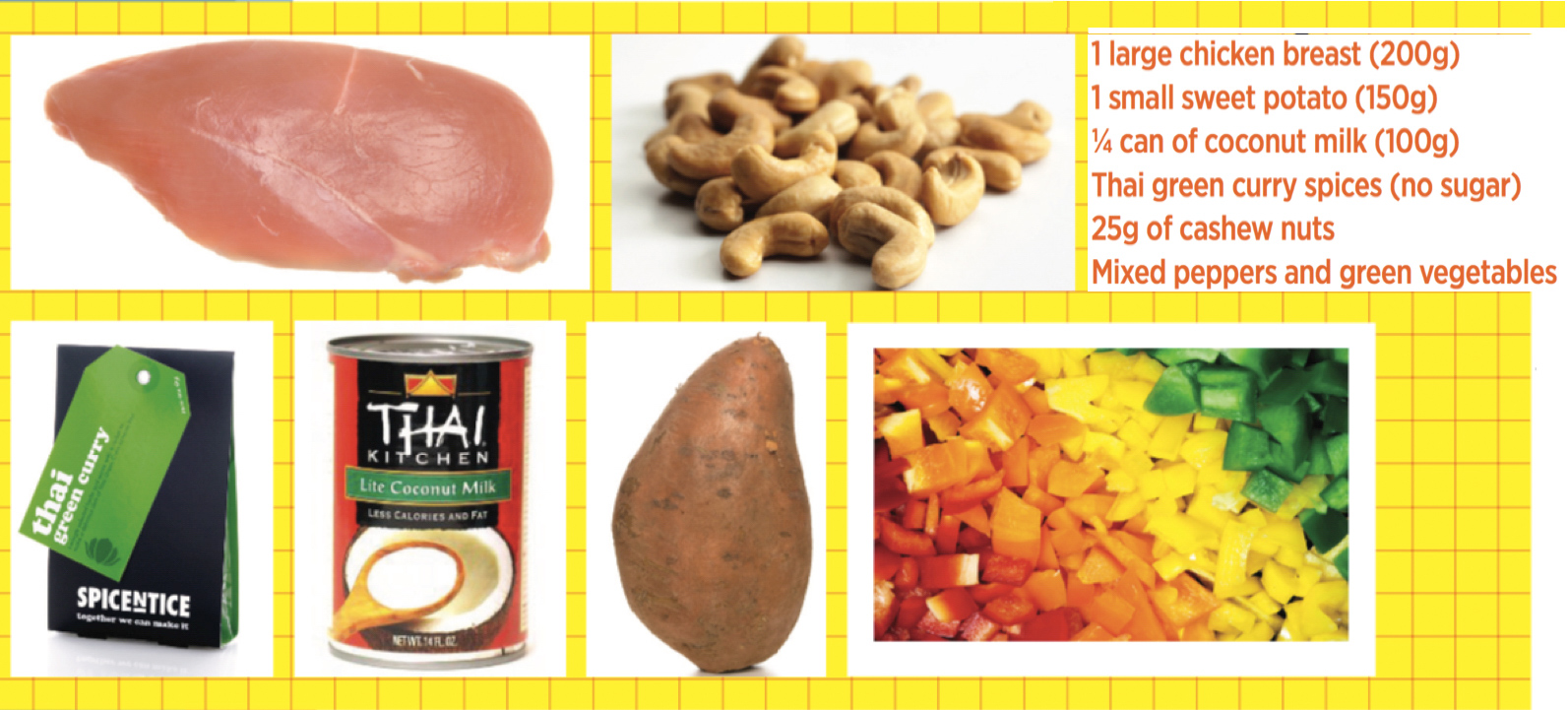
The bleedin’ obvious
A combination of diet and exercise has shown to have the greatest effect on reducing body fat whilst at the same time retaining more lean body mass. But you need to get the diet sorted first. If you can’t lose fat without exercise, you won’t necessarily lose fat with it.
One great thing about then adding the exercise is that you can eat so much more, and still lose weight. This in turn leads to a lower likelihood of deficiencies which could stop you in your tracks.
So does running help at all?
Yes, but the idea to take up running should not be exclusively driven by a desire to lose weight. Running should be motivated by the desire to generally live a healthier lifestyle, to be involved in a healthy social activity and simply to do something that leaves you feeling better about yourself afterwards.
If reduced body fat is a side effect – great!


